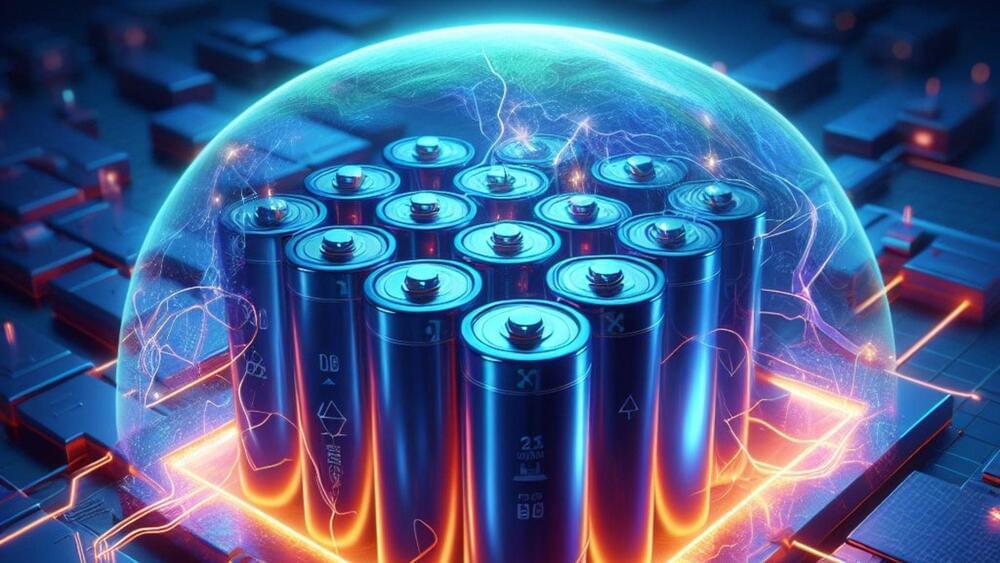Many believe deep learning will continue to advance and play a crucial role in achieving AGI — but it does have its limitations.


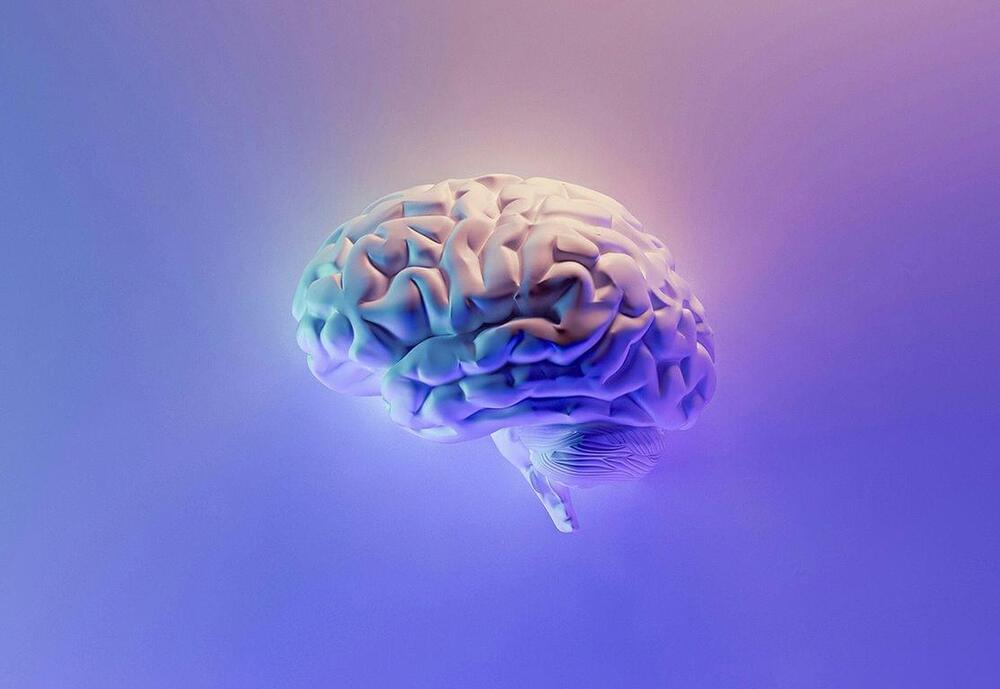
Scientific research continuously expands our collective knowledge and pushes innovation forward. But what good is that innovation if it isn’t accessible to large swaths of the global population?
English is the standard language for most scientific communication — nearly 98% of scientific research is published in English. While standardizing scientific publications into a single language can streamline discussion, it is incredibly limiting for populations that don’t speak English.
A UCLA-led project aims to alleviate this issue. A collaboration among the UCLA Brain Research Institute, the UCLA Department of Spanish and Portuguese and the nonprofit organization Knowing Neurons is translating the informational content on Knowing Neurons’ platform into Spanish. Created by a group of graduate students at UCLA and USC in 2012, Knowing Neurons works to make neuroscience accessible to people interested in learning about the brain.
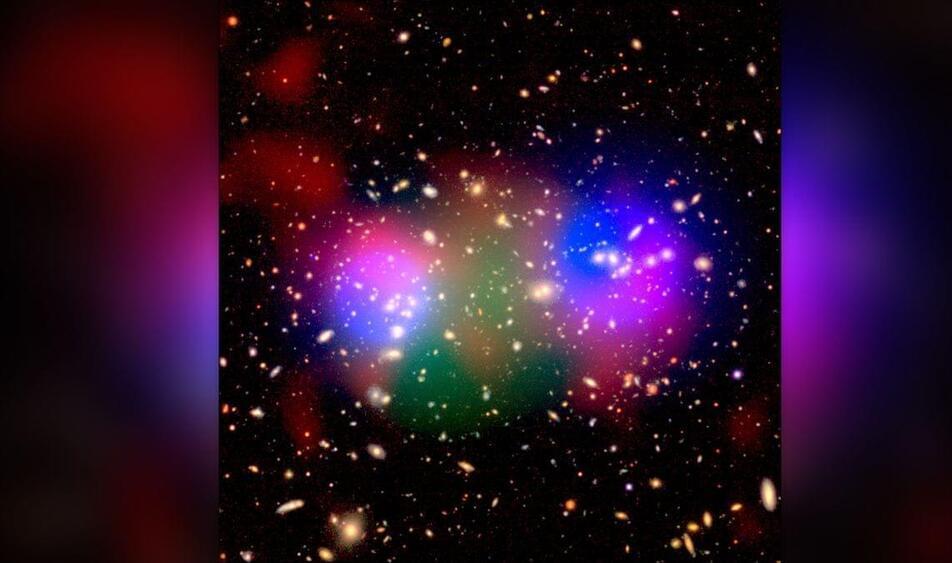
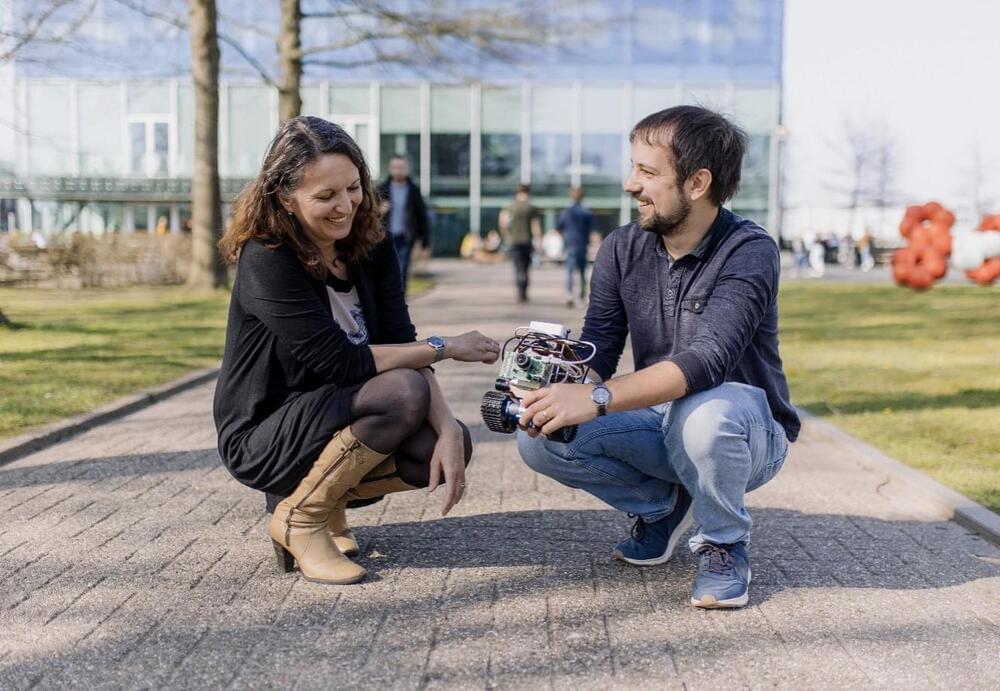
In an age of increasingly advanced robotics, one team has well and truly bucked the trend, instead finding inspiration within the pinhead-sized brain of a tiny flying insect in order to build a robot that can deftly avoid collisions with very little effort and energy expenditure.
An insect’s tiny brain is an unlikely source of biomimicry, but researchers from the University of Groningen in the Netherlands and Bielefeld University in Germany believed it was an ideal system to apply to how robots move. Fruit flies (Drosophila melanogaster) possess remarkably simple but effective navigational skills, using very little brainpower to swiftly travel along invisible straight lines, then adjusting accordingly – flying in a line angled to the left or the right – to avoid obstacles.
With such a tiny brain, the fruit fly has limited computational resources available to it while in flight – a biological model, the scientists believed, that could be adapted to use in the ‘brain’ of a robot for efficient, low-energy and obstacle-avoiding locomotion.
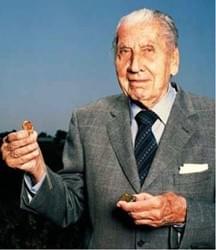
His ideas should have been used not lobotomies.
Neuropsychopharmacol ogy volume 37, pages 2883–2884 (2012) Cite this article.


American Amber Pearson used to wash her hands until they bled, terrified by the idea of contamination from everyday items, a debilitating result of her obsessive compulsive disorder (OCD).
But the repetitive rituals of her condition are largely consigned to memory, thanks to a revolutionary brain implant that is being used to treat both her epilepsy and her OCD.
“I’m actually present in my daily life and that’s incredible,” the 34-year-old told AFP.
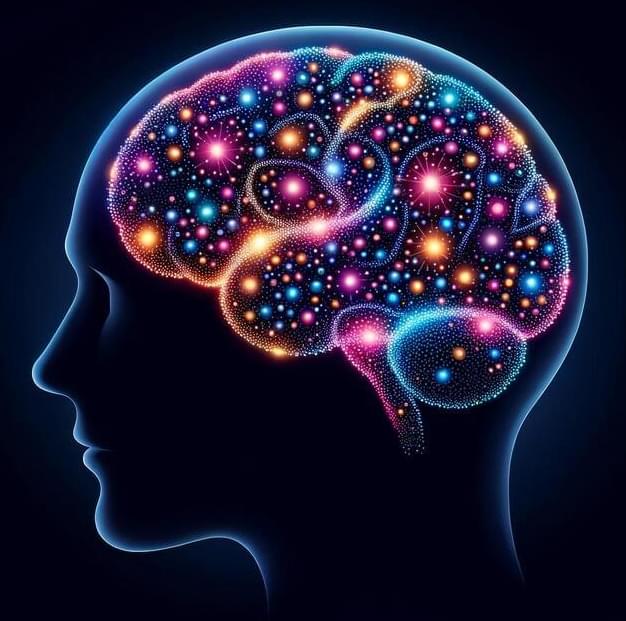
Dr. Richard Naud’s research at the University of Ottawa holds important implications for understanding learning and memory theories, and it may pave the way for advancements in artificial intelligence in the future.
The mysteries of the human brain’s internal mechanisms are slowly being uncovered, and a significant new study led by Dr. Richard Naud from the Faculty of Medicine at the University of Ottawa is bringing us nearer to solving these profound questions.
The study’s results have important implications for theories of learning and working memory and could potentially help lead to future developments in artificial intelligence (AI) since AI developers and programmers watch the work of Dr. Naud and other leading neuroscientists.

Sept 22 2016.
An atom is about 10^−10 m in size.
The next smallest thing in nature is the nucleus, which is about 100,000 times smaller, i.e., 10^−15 m in size — a femtometer, or “fermi.” A nucleus is composed of protons and neutrons (i.e., “nucleons”), which we now know are composed of 3 quarks, which are bound (“glued”) together by massless (photon-like) particles called “gluons.”
Hence if one wanted to start thinking about a possible femtotech, one would probably need to start looking at how quarks and gluons behave, and see if these behaviors might be manipulated in such a way as to create a technology, i.e., computation and engineering (building stuff).
